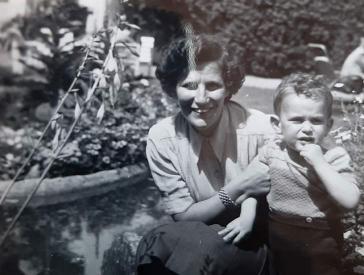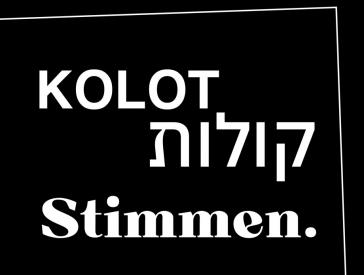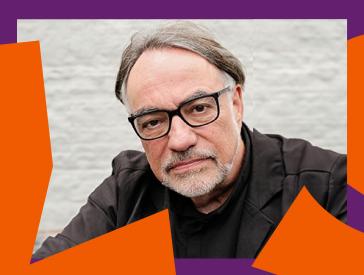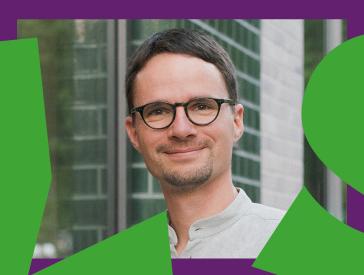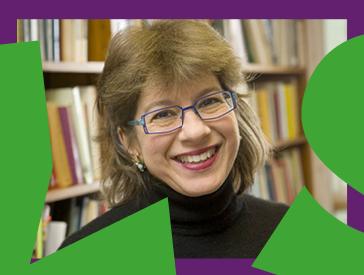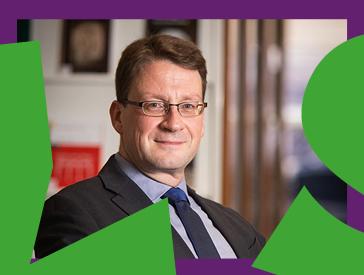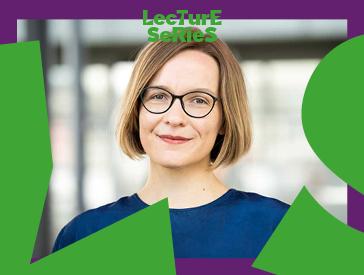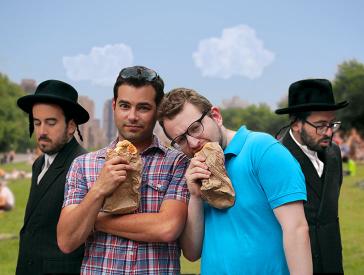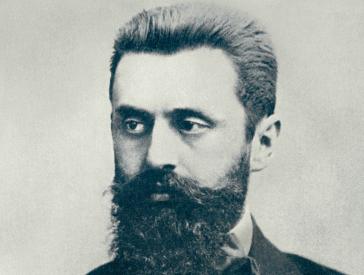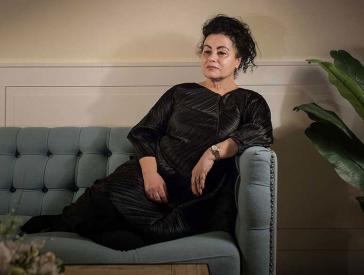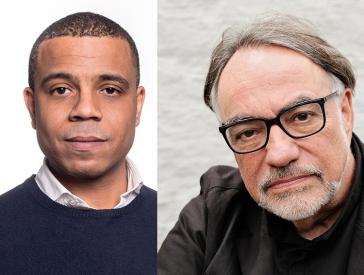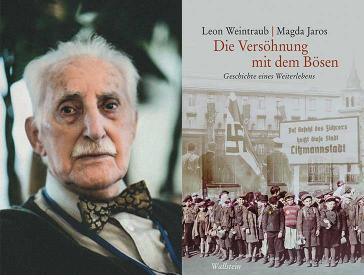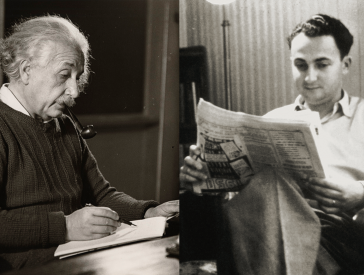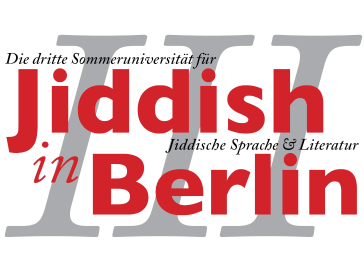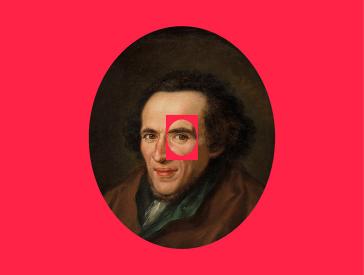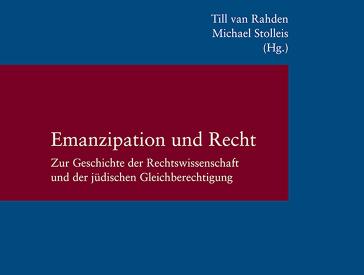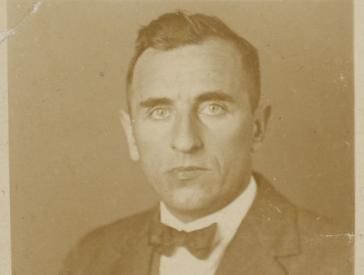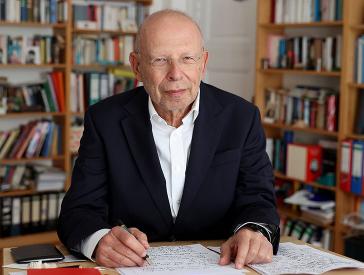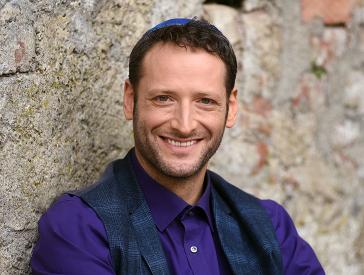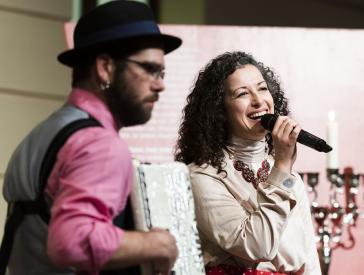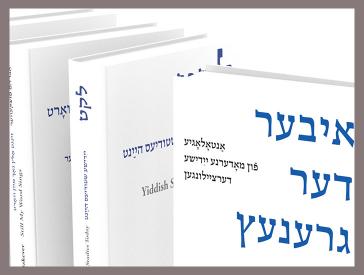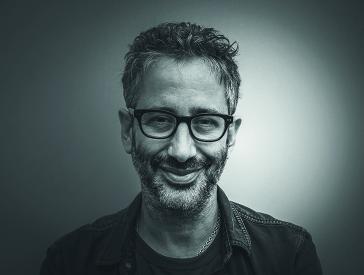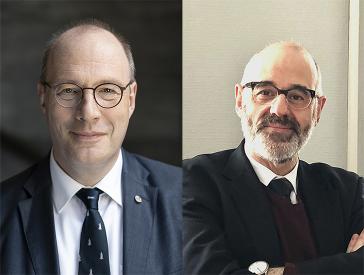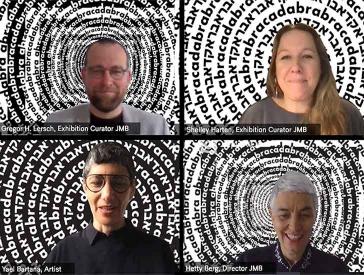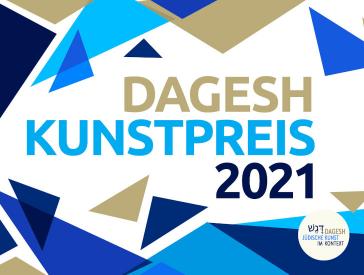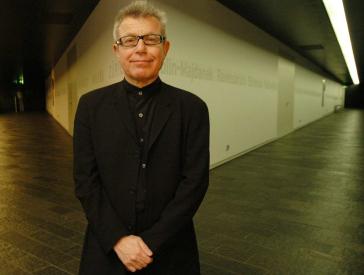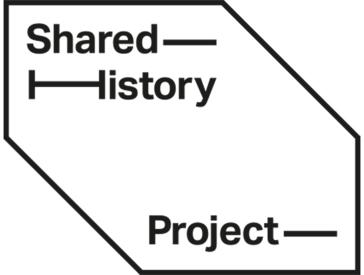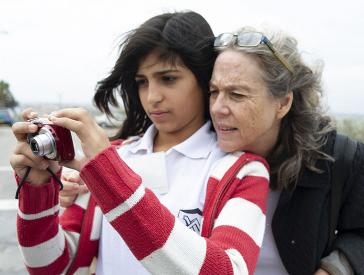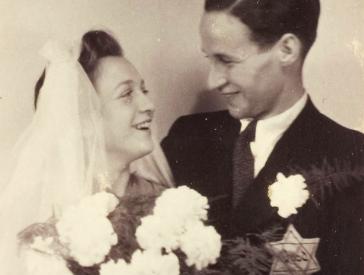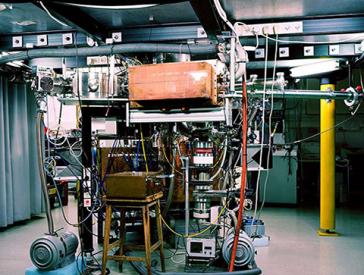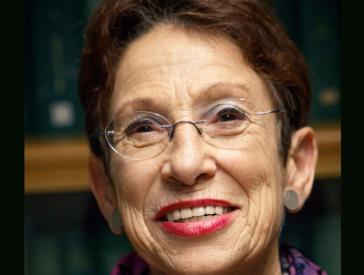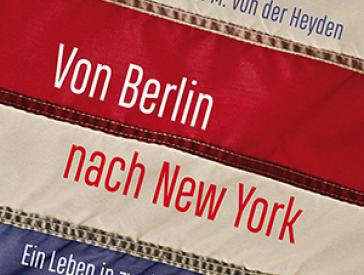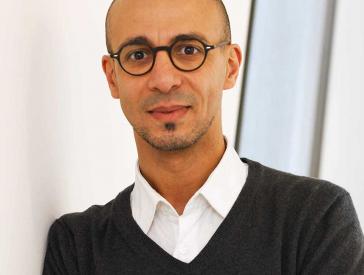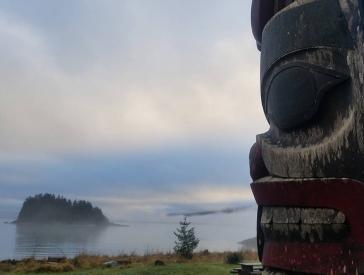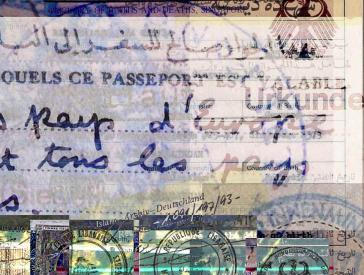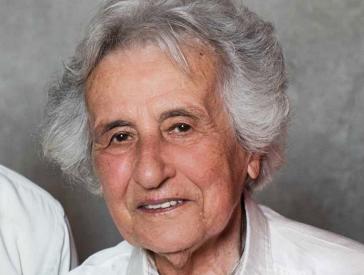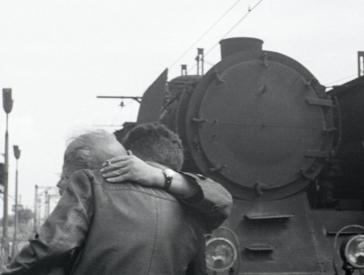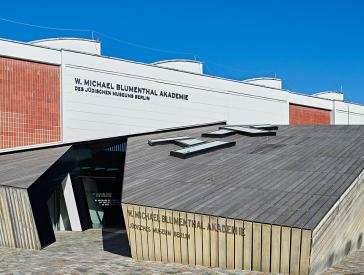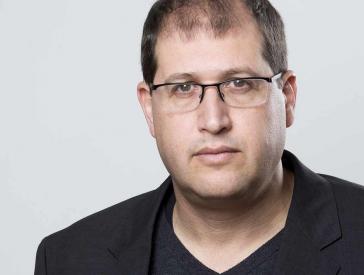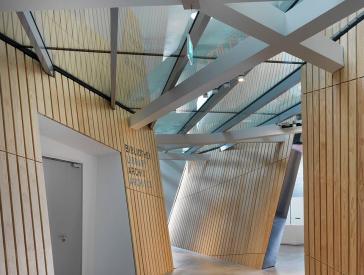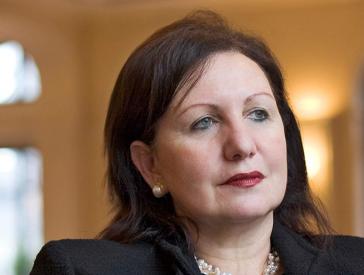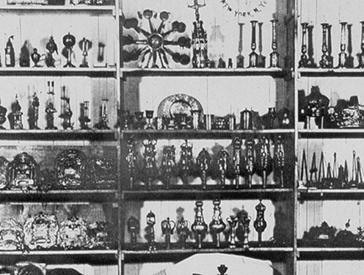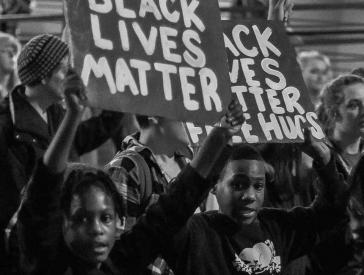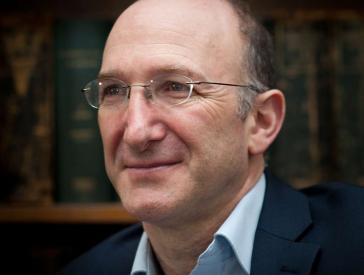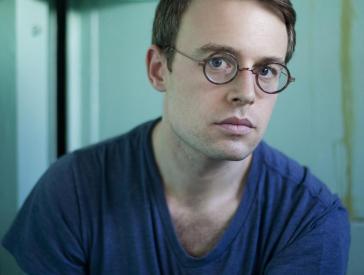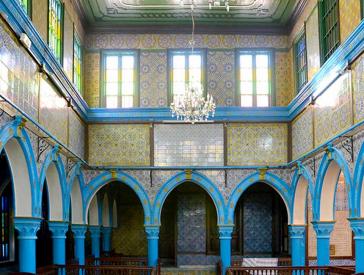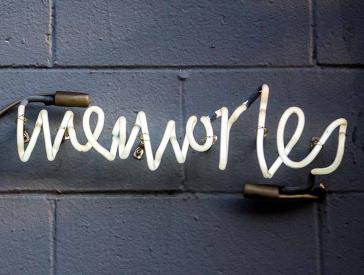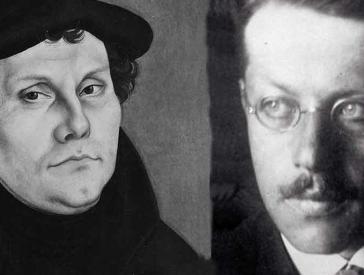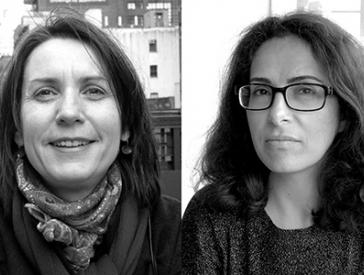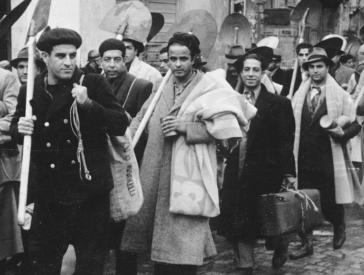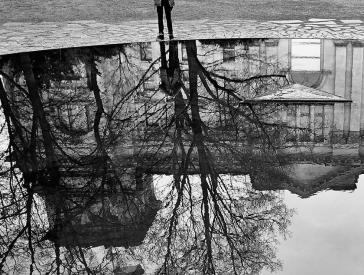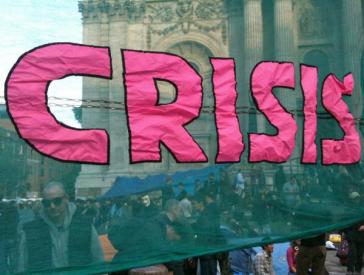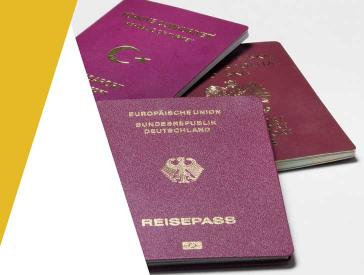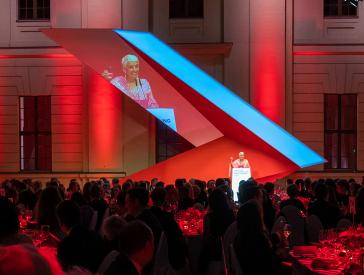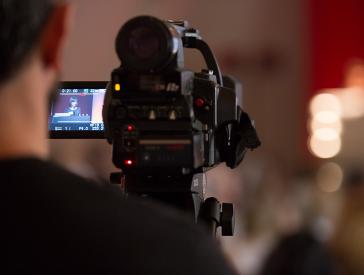Polish Perspectives on ’68: March Protests
Discussion as Part of the Series ’68 NOW: European Entanglements (video recording available, in German)
This event for the “'68 NOW” series will discuss the events of 1968 from the Polish perspective.
The “March events” in Poland combined various elements of the 1968 zeitgeist. As in Europe, the US, and Japan, students in Poland rose up against state authorities with a strike at the university. They demonstrated against censorship (“We want culture, uncensored!”) and the closure of a play (Forefathers’ Eve directed by Kazimierz Dejmek). In a geopolitical campaign against Israel after the Six-Day War, the student protests were co-opted by an antisemitic rampage that resulted in 13,000 Jews being forced to leave the country.
recording available

Where
W. M. Blumenthal Academy,
Klaus Mangold Auditorium
Fromet-und-Moses-Mendelssohn-Platz 1, 10969 Berlin
(Opposite the Museum)
Video recording of the event, in German
Participants:
Lidia Drozdzynski, author and director (i.a. the documentary Unsere Vertreibung 1968, 2008)
Dr. David Kowalski, historian (Berlin)
Prof. Dariusz Stola, direktor of the POLIN Museum of the History of Polish Jews (Warsaw)
Michał Zadara, theatre director (Warsaw)
Moderator: Katarzyna Wielga-Skolimowska (Munich)
Event as part of the “’68 NOW: European Entanglements” series.
In cooperation with European University Viadrina, Frankfurt (Oder), Germany, and German Federal Agency for Civic Education (FACE) in Berlin, in collaboration with the Visual Culture Research Center (VCRC), Kyïv.
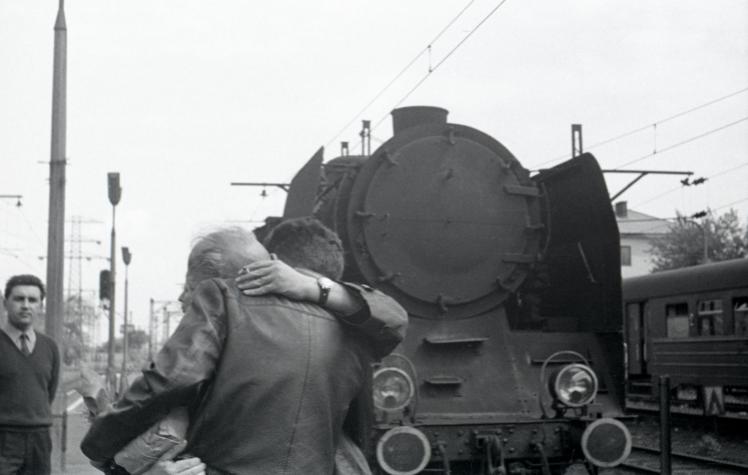
19 May 1969, Gdańsk train station in Warsaw: 22 year old Jerzy Neftalin leaves Poland for Sweden. Photo: Elżbieta Turlejska
“’68 NOW: European Entanglements”
Whereas Western Europe remembers the legacy of May 1968 as a symbol of liberation and rebellion against entrenched power structures, central and Eastern Europe associate that year most strongly with the Prague Spring and the Soviet invasion of Czechoslovakia. This difference exposes political and cultural lines of demarcation that can be discussed productively from a transnational perspective. In this event series, we endeavor to present the individual events of the year 1968 not merely by simple juxtaposition, but by exploring their many links through a comparative and entangled historical perspective.
Video Recordings: Watch Past Museum Events (80)


